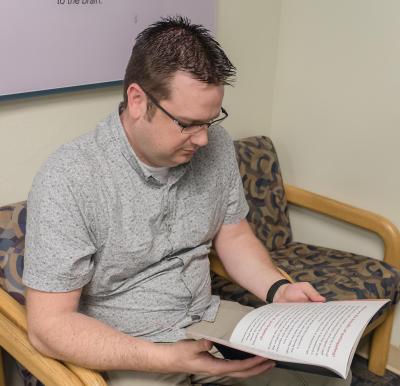
Past studies have found that rewarding participants during a visual perceptual task leads to performance gains. However, new research from Brown University suggests that these performance gains occur only if participants follow up the task with sleep. The researchers believe that reward (or anticipation of reward) reinforces neural circuits between reward and visual areas of the brain, and these circuits are then more likely to reactivate during sleep to facilitate task learning.